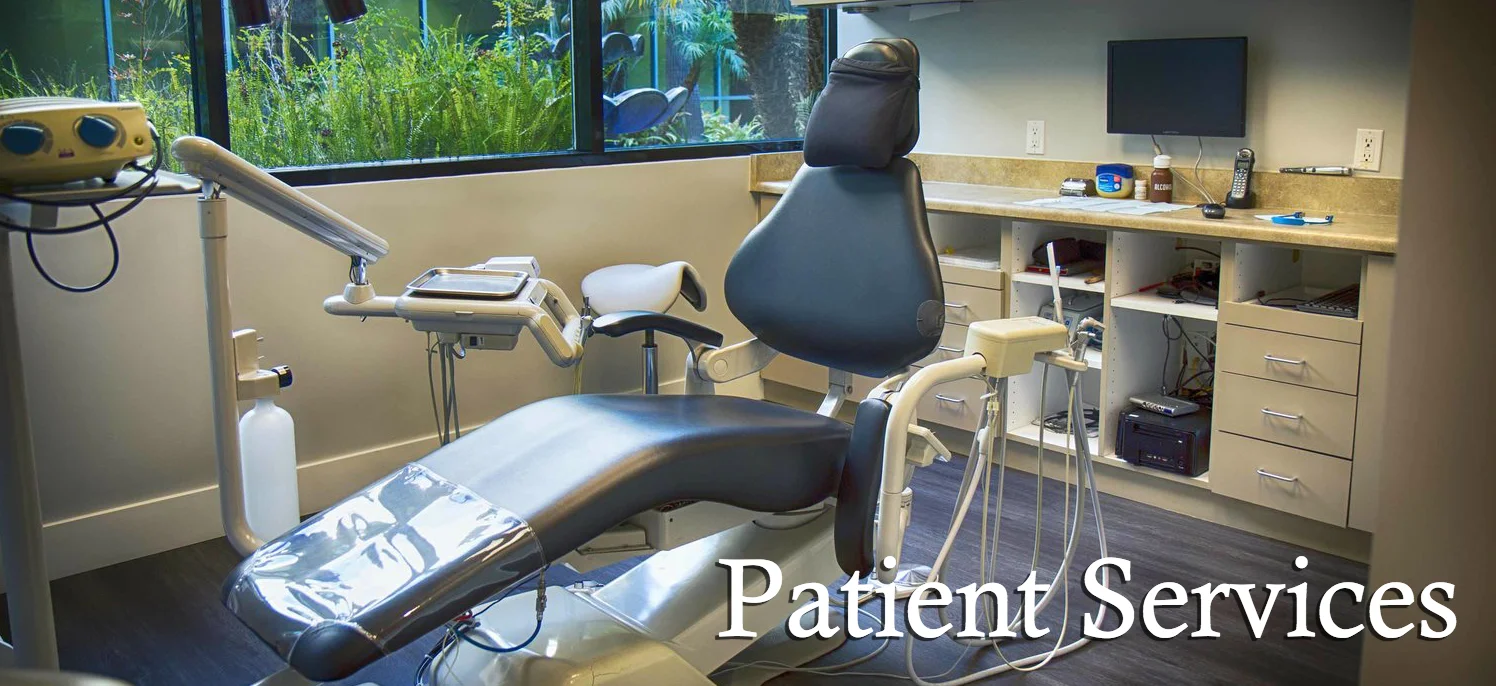You've probably heard you mom say it a hundred (or more) times: biting you nails is bad for your teeth! Still, slightly less than half of all adults report some regular nail biting. Beyond the disease potential from putting your hands in your mouth, nail biting poses specific risks to the teeth. Read on to learn why this common habit is detrimental to your oral health and how to prevent it!
Nail biting requires you to use your teeth in ways that they were never designed. Using the front teeth to mash through the thick keratin on the nails wears away at the thin enamel on the ends of the incisors. These teeth were designed for tearing and cutting, not puncturing hard objects. Chipped enamel, irregular wear patterns and even tooth movement can all occur with prolonged nail biting. Some studies also report an increased frequency of TMJ pain in nail biters. The constant pressure on the jaw joints and muscles can be enough to cause soreness or even trigger headaches.
At the core, nail biting is usually tied to stress or emotional strain. Mindfulness, stress reduction techniques and meditation can help cut out nail biting at the source. Keeping nails short and trimmed can also limit access for the teeth and thus prevent chewing as well. Some patients also use nail polish as a bad taste-deterrent, with certain brands of polish containing flavor additives specifically to stop nail biting. Finally, strong tasting/smelling ointments such as tea tree oil have been used for years to remind us to keep our fingers out of our mouths.
All in all, you should never use your teeth for anything other than eating and chewing. Nail biting, opening packages or holding objects with your teeth can all result in cosmetic or structural damage. If you would like to know more about how to manage nail biting, repairing chipped enamel or educating children on protecting their teeth, please give our office a call!





